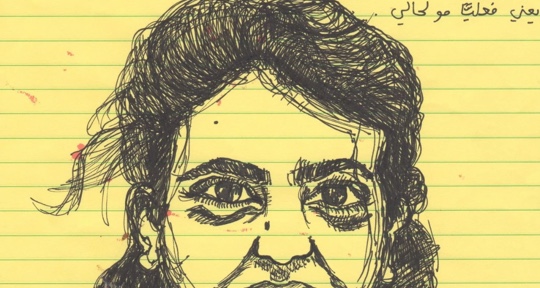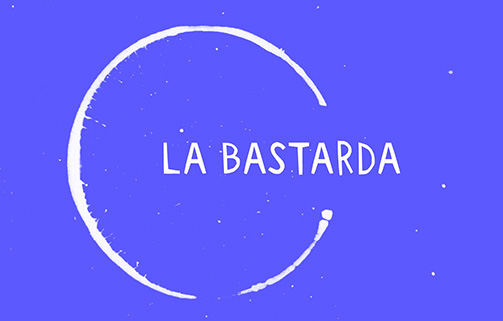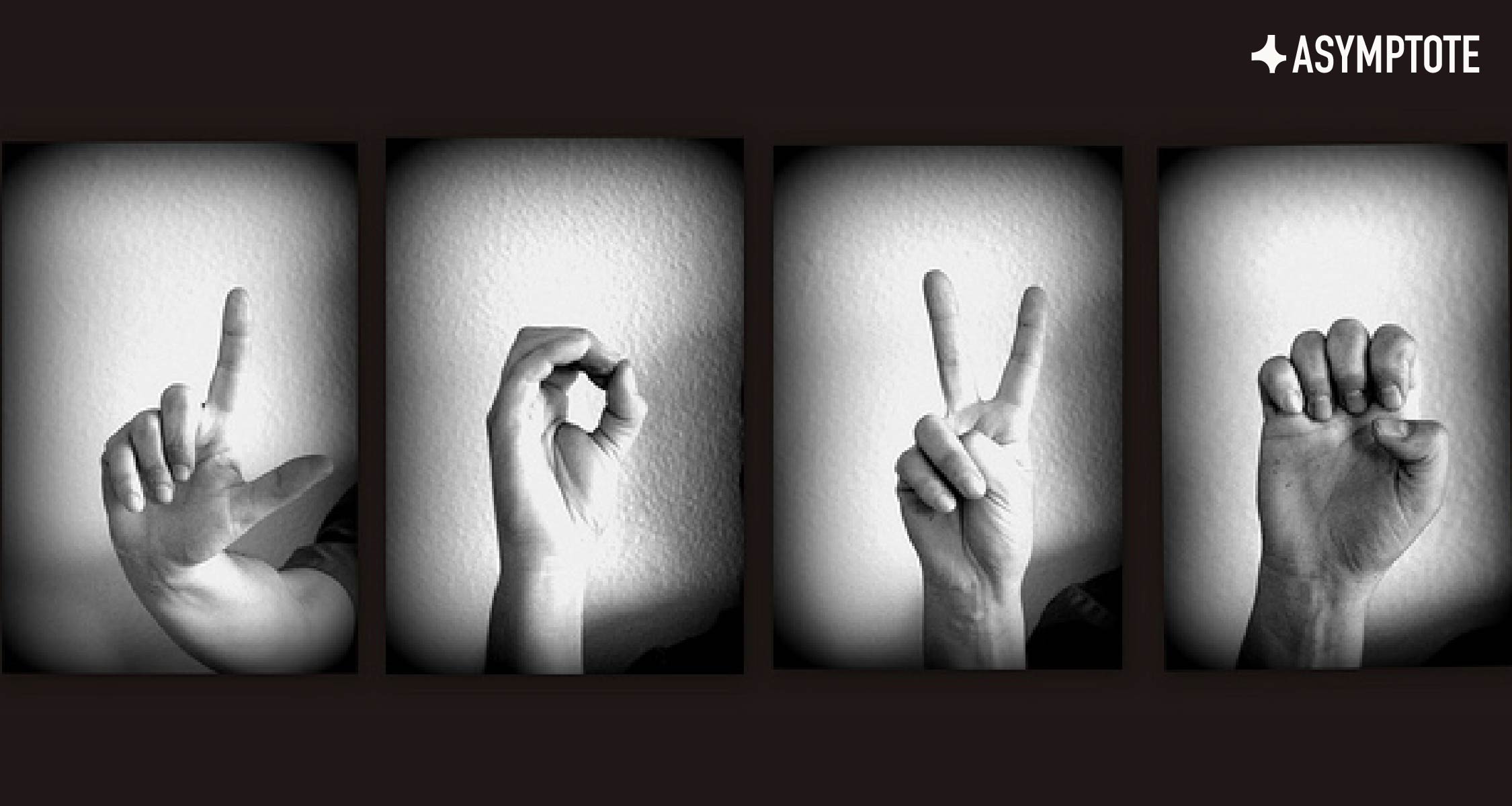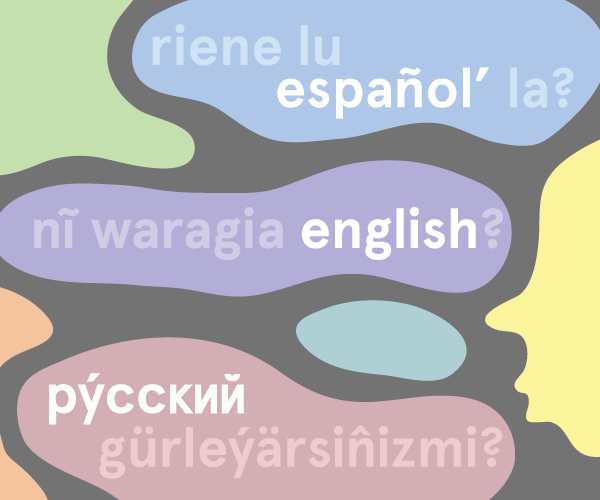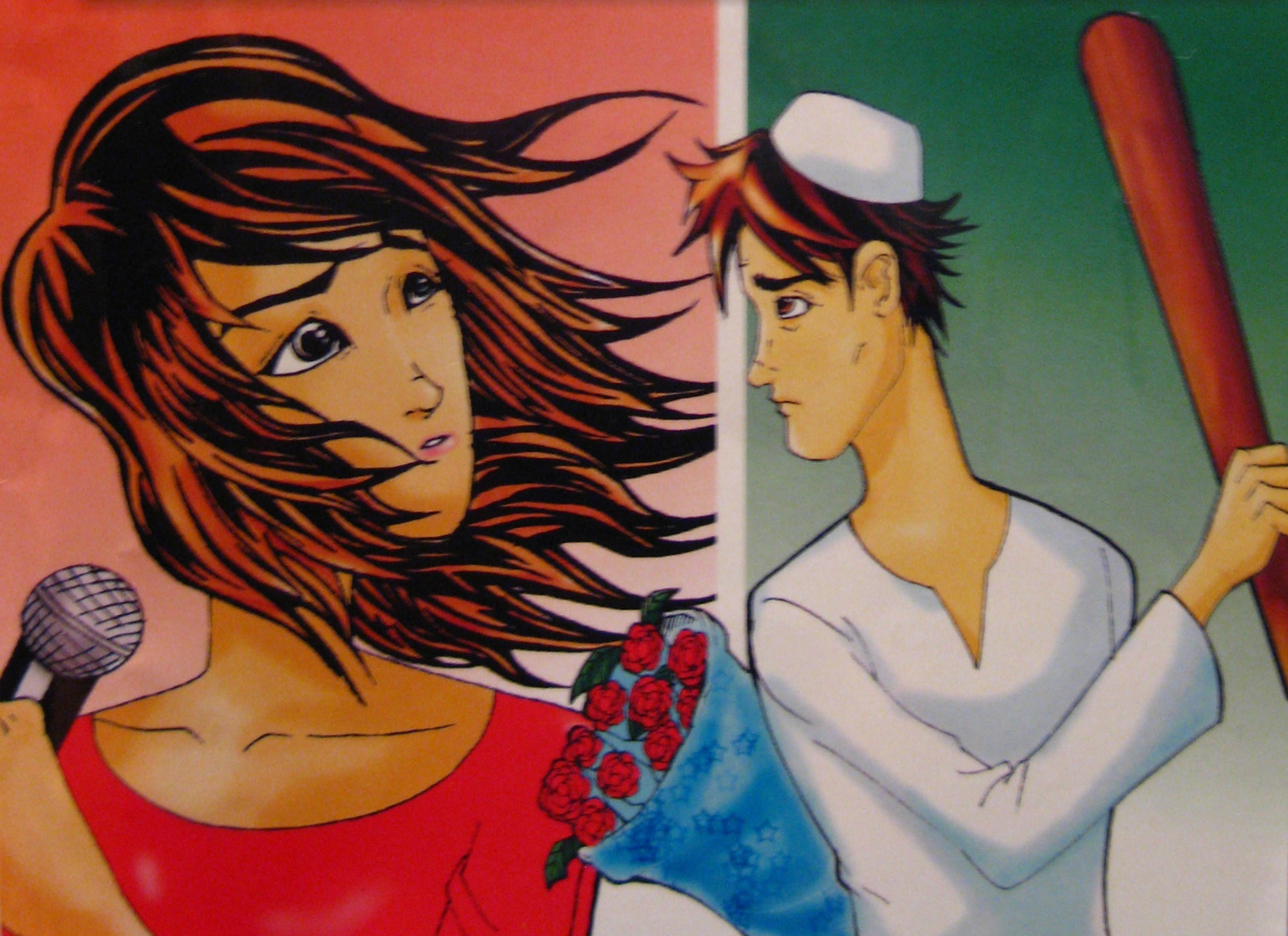This week, our editors from around the world bring news of Palestinian solidarity and the necessity of individual action against genocide, debates surrounding culture and national identity, and the latest laureates of prestigious literary prizes.
Veronica Gisondi, Editor-at-Large, reporting from Italy
Calls to end Italy’s complicity in Israel’s genocidal politics have intensified in recent weeks. While Italy’s economic and political ties to the Zionist regime are well known, citizens have been reclaiming public spaces with renewed unity and force. From statewide demonstrations on September 22—which drew more than half a million to the streets—to the general strike on October 3, many Italians have reached a breaking point underpinned by enduring forms of political grief. As the genocide in Gaza reaches its most advanced stages, the commitment of scholars such as Majed Abusalama reminds us why continued discussion is crucial: first, to anticipate how the neocolonial project will unfold—not only Israel’s, but that of its global allies—and second, to question our own role in it at “the harshest time of erasure,” both within and beyond cultural work.
Abusalama’s talk, titled “Il futuro di Gaza, la Palestina e noi” (The future of Gaza, Palestine and us), took place at CSA Vittoria, one of Milan’s squats—part of a network facing increasing threats (Leoncavallo’s eviction being a clear example) from municipal and state policies that accelerate urban privatization and erode the city’s relationship with its people. Abusalama, an award-winning journalist, human rights defender, founder of Palestine Speaks in Germany, and president of the Coalition of Lawyers for Palestine in Switzerland, described our present moment as the “last stage” of “a timeline of colonial violence” that has crushed past and future, scarring generations of Palestinians for nearly a century. By refusing to normalize their oppression, Palestinians have become experts in resistance and agency, effectively shaping models of struggle that had been later taken up by movements such as the Black Panthers and South Africa’s anti-apartheid groups. For Abusalama, to never know peace means to know one’s enemy well: for those who stand with Palestine, the enemy is imperialism, it is fascism; a fascism that “did not start on October 7,” but “has been there all the time, from the founding of Zionism until today.” READ MORE…



